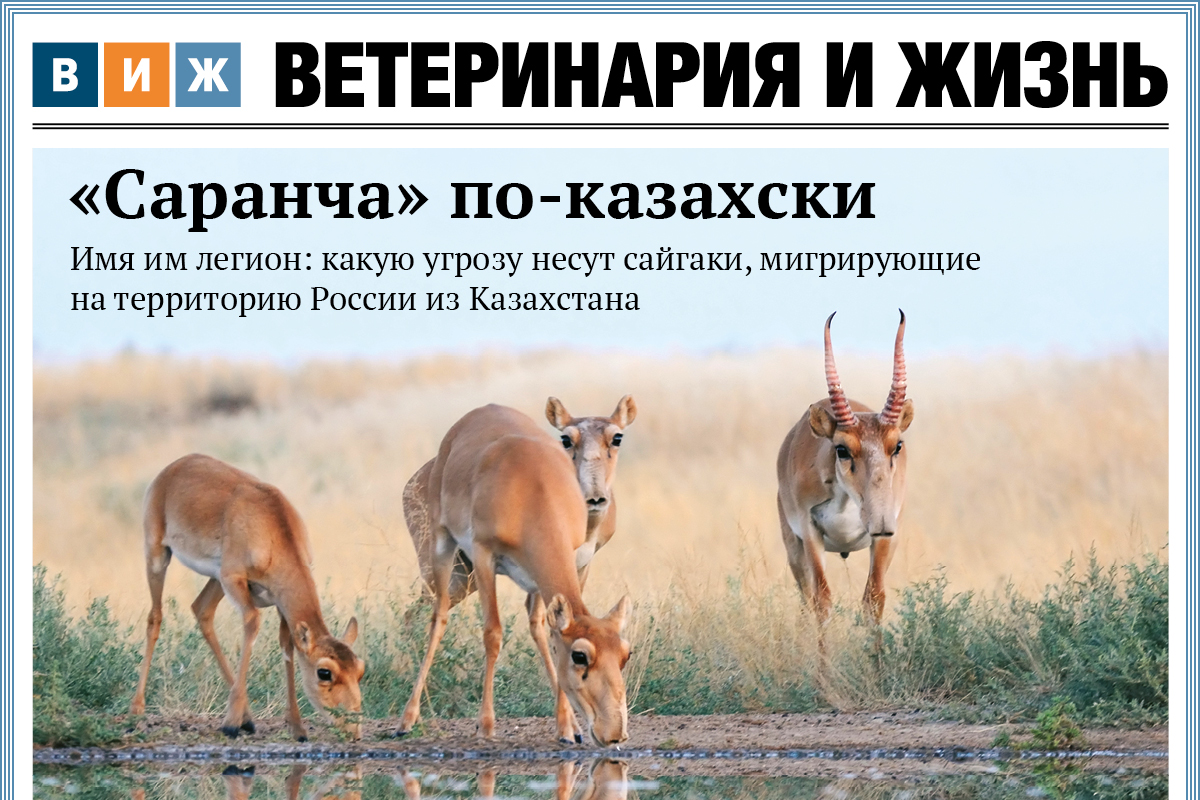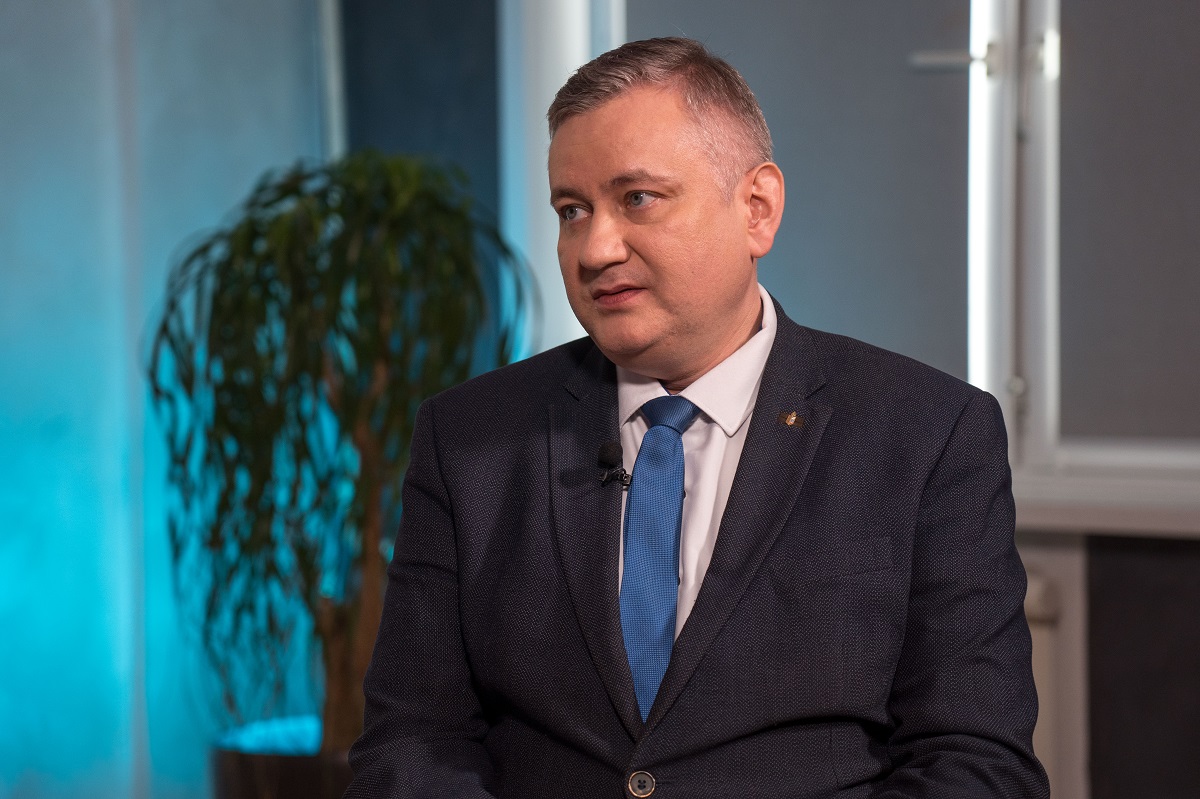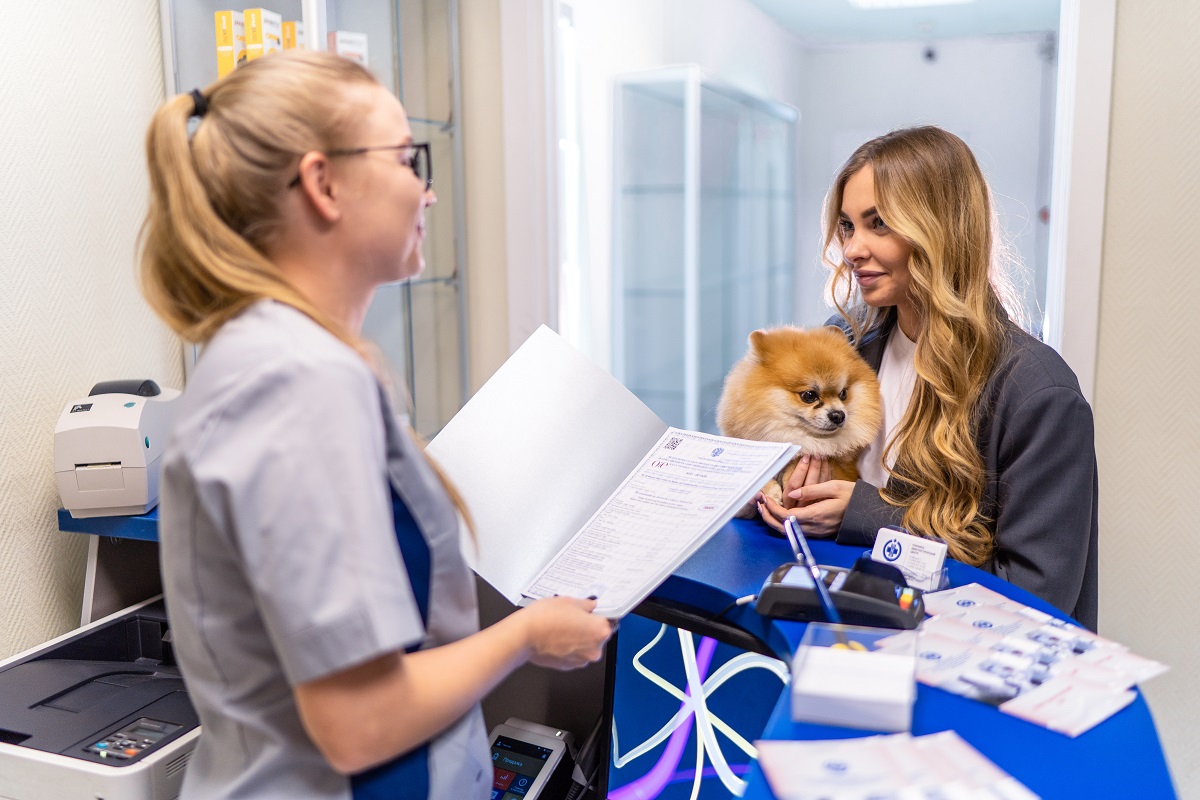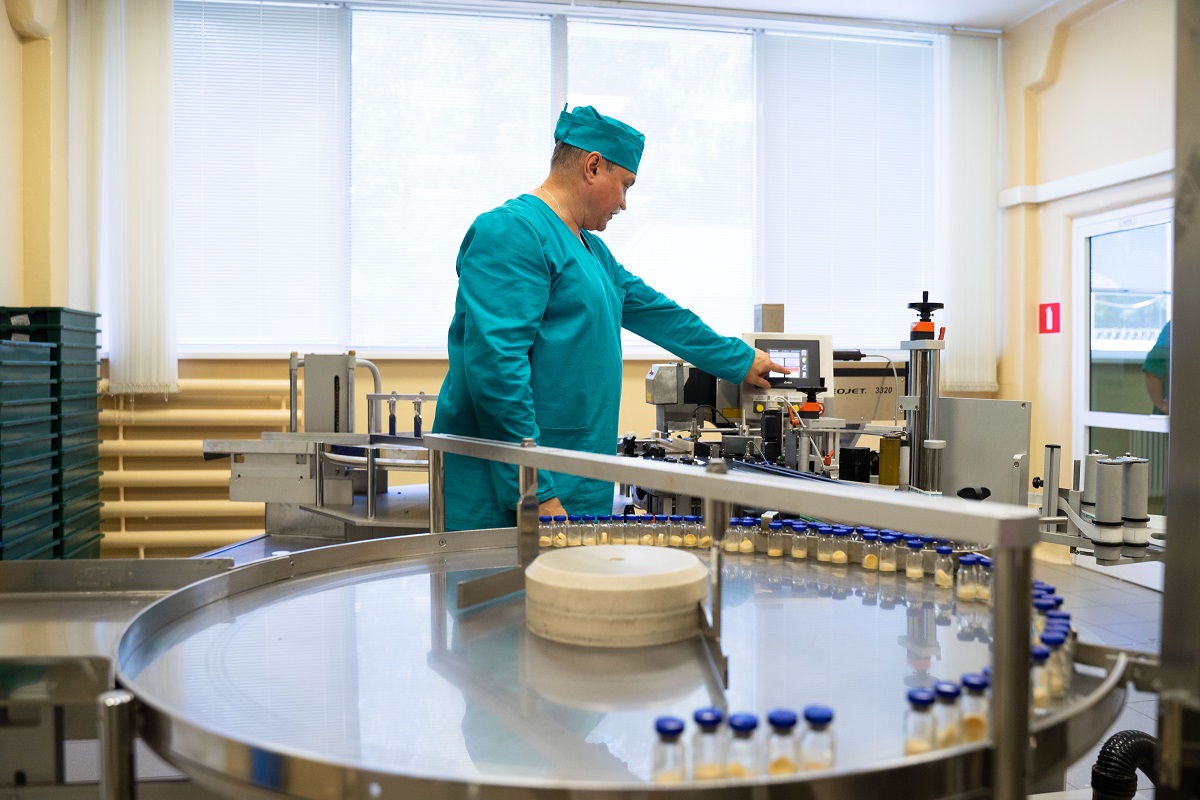Currently, vaccination against highly pathogenic avian influenza is allowed only on backyard farms. Vaccination in commercial flocks against HPAI is prohibited by veterinary regulations in force.
Doesn’t protect against virus circulation
The scientist said that vaccination of poultry against HPAI in backyard farms doesn’t protect against virus circulation and threatens commercial flocks. “A striking example: vaccination has been carried out in backyard farms in a number of regions for several years now, and these regions report outbreaks at commercial poultry farms. These are the Kostroma and Rostov regions, the Republic of Tatarstan, and a number of others,” said Mikhail Volkov.
The scientist outlined that commercial flock vaccination on poultry farms against avian influenza is being discussed in Russia. The strategy for HPAI control has been developed and provides for vaccination in poultry farms. However, the speaker pointed out the existence of a number of arguments against such vaccinations.
HPAI pandemic potential
One of the aspects named by the expert is the pandemic potential of the HPAI virus. “The virus can be transmitted to humans; cases are known of humans getting infected from birds, with H5N1, H5N6, and H7N9 in particular, and some other strains. That’s why the complete destruction of infected birds is considered by doctors to be the most effective way of fighting the infection as a matter of preventing risks to human health”, the expert explained.
Mutations are possible
The scientist also noted the possibility of an HPAI mutation. “The antibody pressure may cause high mutational variability of the virus. The virus may change its form, mutate into subtypes with higher pathogenicity, and cause more severe outbreaks. For instance, this is what happened with the H7N9 subtype in China. This virus used to have low pathogenicity and then shifted to a highly pathogenic form,” said Mikhail Volkov. He added that, at the same time, due to the vaccination program, no cases of this subtype are reported in humans or birds in China.
Affects the export of poultry products
Another negative aspect named by the speaker are export restrictions imposed on poultry products that may result from the vaccination.
However, he explained that conditions for vaccination not to cause export restrictions have already been developed at the global level. One of these requires the commercial flock vaccination strategies to be applied nationally; the second requires the vaccine to comply with the standards of the World Organization for Animal Health (WOAH); and thirdly, the effectiveness of such vaccination must be proven by the national veterinary service. This implies that surveillance measures that demonstrate the absence of virus circulation in the population are in place.
The scientist noted that if vaccination against HPAI is allowed, this will protect poultry from the clinical manifestations of the disease and prevent economic losses on farms. At the same time, in cases where the circulation of the virus has been detected in vaccinated poultry, all birds have to be culled.
According to Rosselkhoznadzor, seven HPAI outbreaks have been registered in Russia since the beginning of the year. The current panzootic of highly pathogenic avian influenza has now extended globally. In the first two months of 2023, 180 outbreaks were reported in poultry and more than a thousand new cases of HPAI were registered in wild birds.







